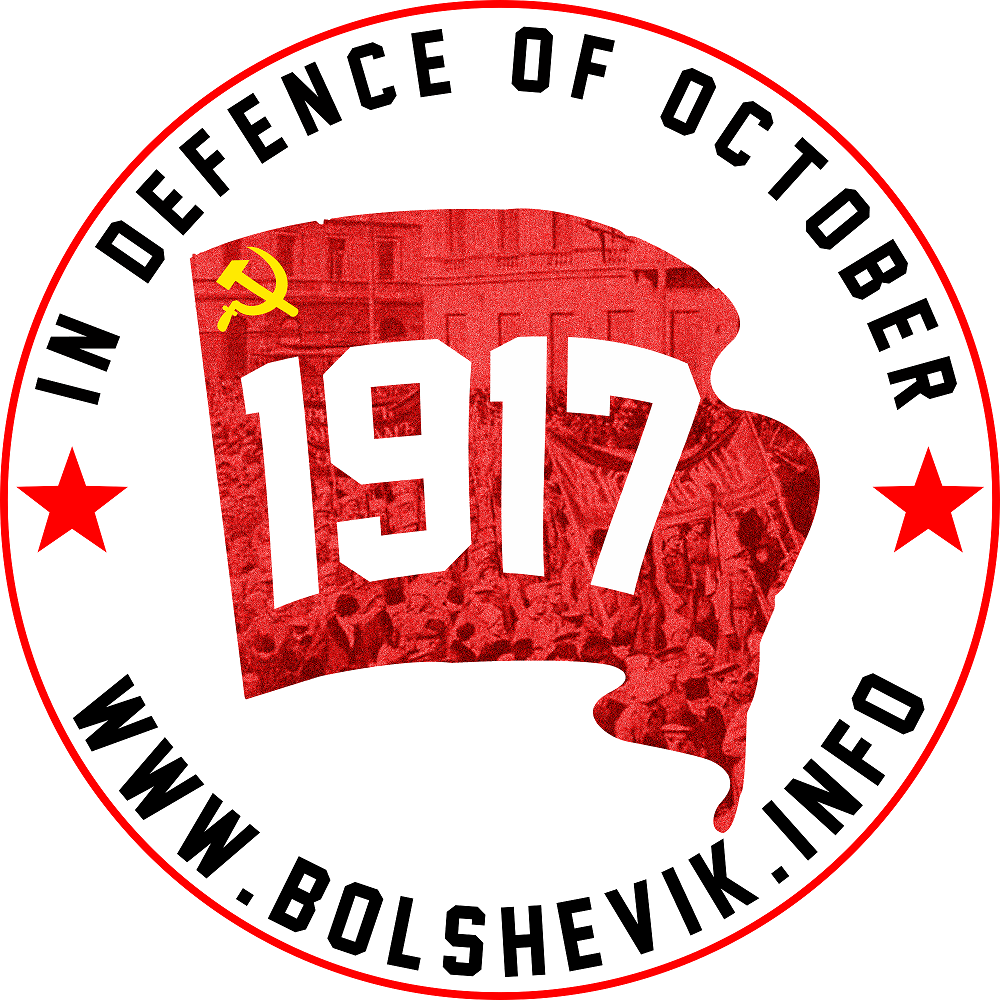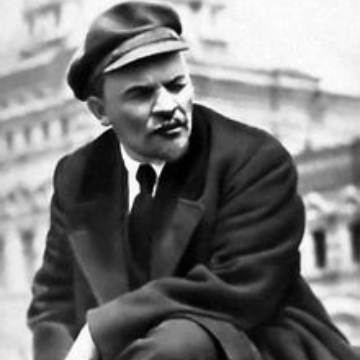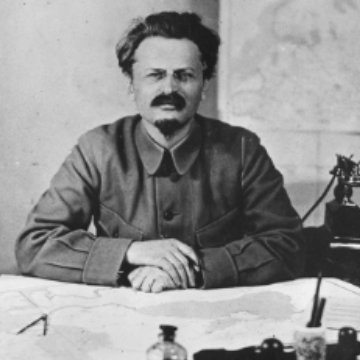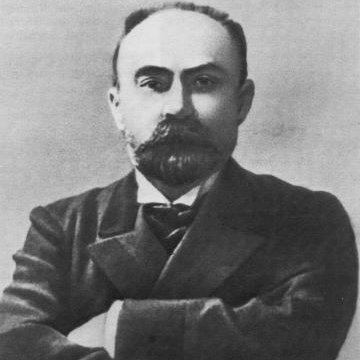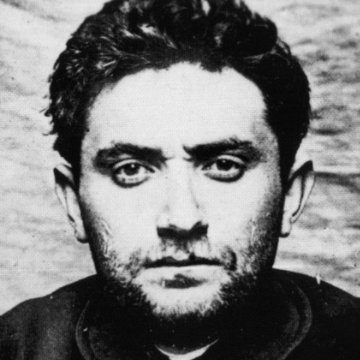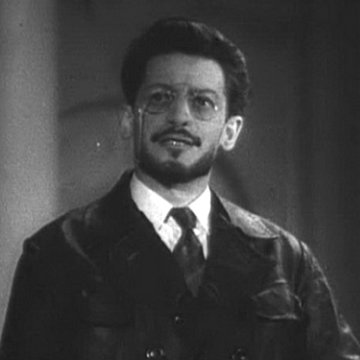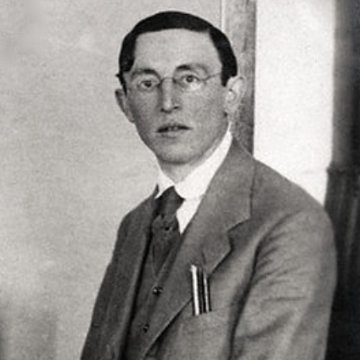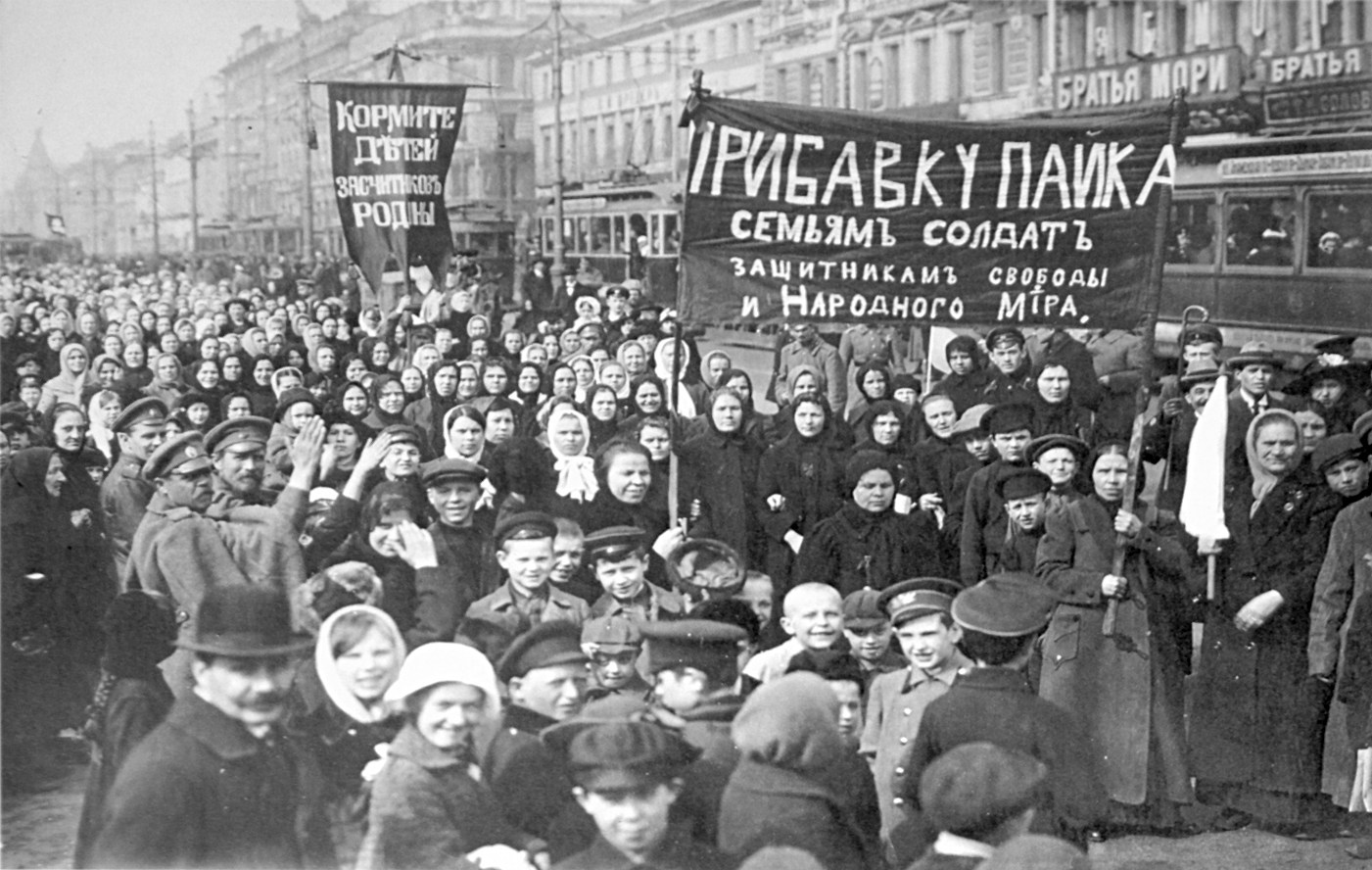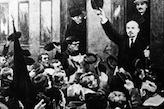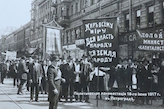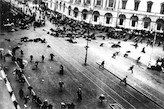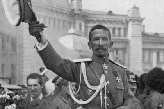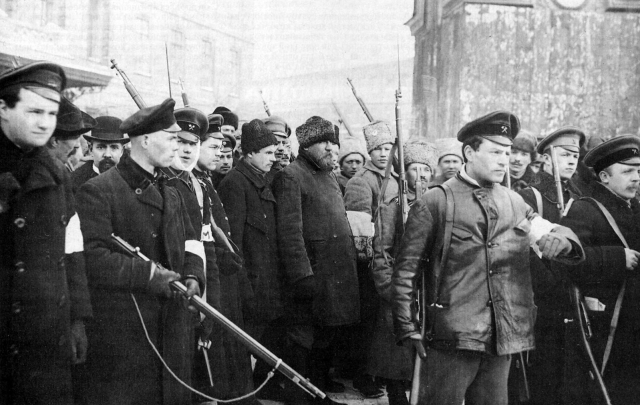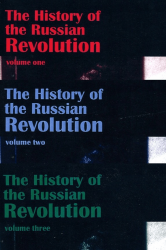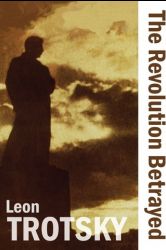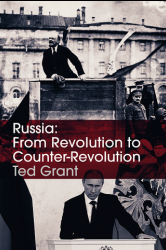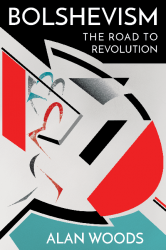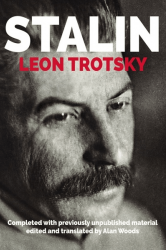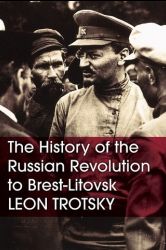"Apart from the purchase and distribution of products, every consumers’ society shall engage in the sale of local products."
The war, brought about by the conflict between capitalists for the division of the spoils of depredation, has resulted in untold ruin. This is intensified by criminal speculation and profiteering, particularly among the wealthy classes, which have brought the tortures of hunger and unemployment to hundreds of thousands and even millions of people. The need to adopt extraordinary measures to aid the starving and to wage merciless war on speculators has induced the workers’ and peasants’ government to enact the following regulations as a law of the Russian Republic:
Every citizen of the state shall belong to a local (village, volost, hamlet, section of a town, section of a street, etc.) consumers society.
The grouping of families in the consumers’ societies shall be voluntary, except for the proviso that not less than two-thirds of the number of families in each society must belong to the non-affluent classes (i.e., workers, peasants not employing hired labour, and so on).
Apart from the purchase and distribution of products, every consumers’ society shall engage in the sale of local products. The boards of the consumers’ societies shall set up committees of supplies, and no transport of products shall be permitted without the written sanction of the appropriate committee of supplies.
Existing consumers’ societies are hereby nationalised and shall be obliged to admit to membership the whole population of the localities in which they are situated, without exception.
If they so desire private individuals may purchase products in the central stores and not in their local shops, but only on condition that the relevant entry is made in the book of the local consumers’ society.
The transport, purchase and sale of products without a permit from the committees of supplies shall he punishable by the confiscation of the whole of the property of the offender, by imprisonment for a period of not less than six months and by senteuce to compulsory labour.
Permits for the transport or the purchase and sale of products shall be (Irawn up in duplicate and signed by not less than three members of the board of the committee of supplies concerned, one copy being filed by the board.
Each permit must state from which and to which consinners’ society the products are being consigned.
Telegraph offices shall give priority to the telegrams of the committees of supplies.
All committees of supplies shall act under the control and in accordance with the instructions of the local Soviets of Workers’, Soldiers’ and Peasants Deputies.
Every individual shall be entitled to acquire at his consumers’ society any product, without any restrictions whatsoever, except for such regulations as may be established to limit the import of products from abroad.
Products produced for sale must be delivered to the local committee of supplies at uncontrolled prices, except in cases when fixed prices are established by law. Money received for products sold shall be entered to the account of the owners in the local (village, volost, city, factory or other) branch of the People’s Bank.
Every Soviet of Workers’, Soldiers’ and Peasants’ Deputies must appoint a group of inspectors, auditors and instructors to assist the population to establish consumers societies (committees of supplies) and check their accounts and all their business.
Instructions on keeping the accounts and on the correspondence of the committees of supplies will be issued separately.
Footnotes
[1] Written December 25-28, 1917 (January 7-10, 1918). Lenin said in his Preliminary Theses that in writing the draft he had made use of the following documents: Directive of the People’s Commissariat for Food to the local Soviets of December 22, 1917 (January 4, 1918), on organising the food supply machinery; the Commissariat’s project for a Commissariat for Supply, and also the Supreme Economic Council’s project for district economic councils.
Source: Marxist Internet Archive.

